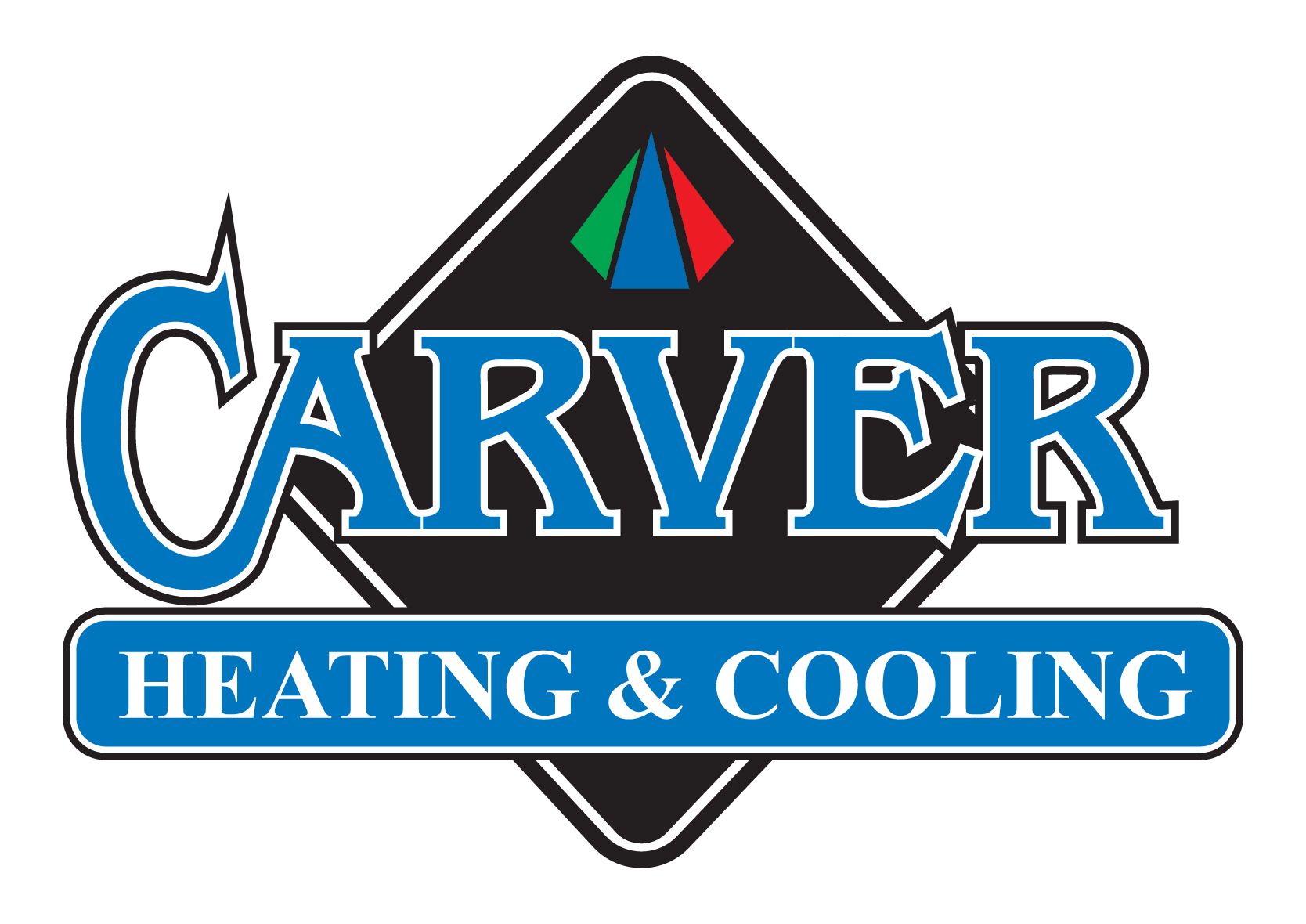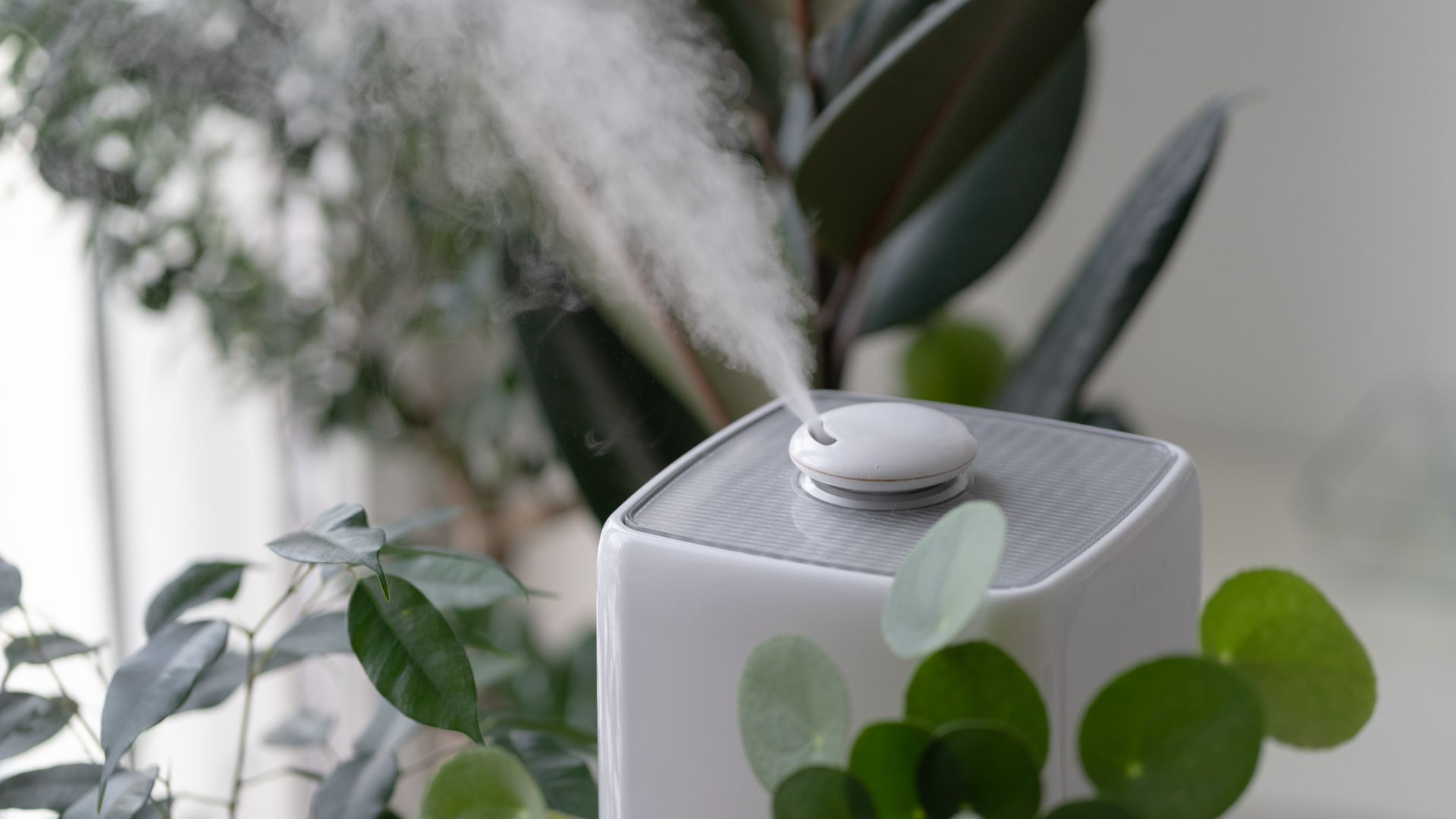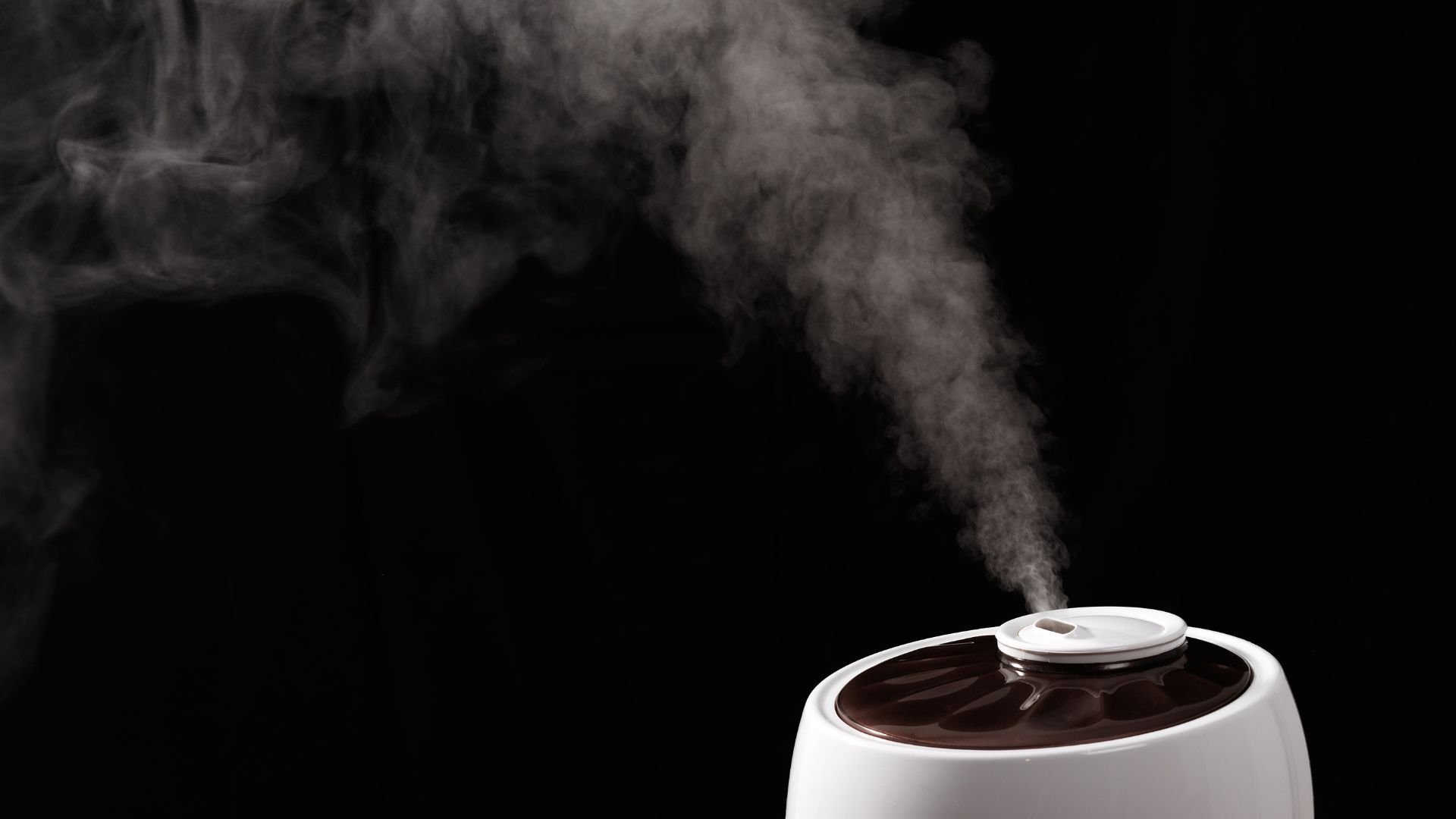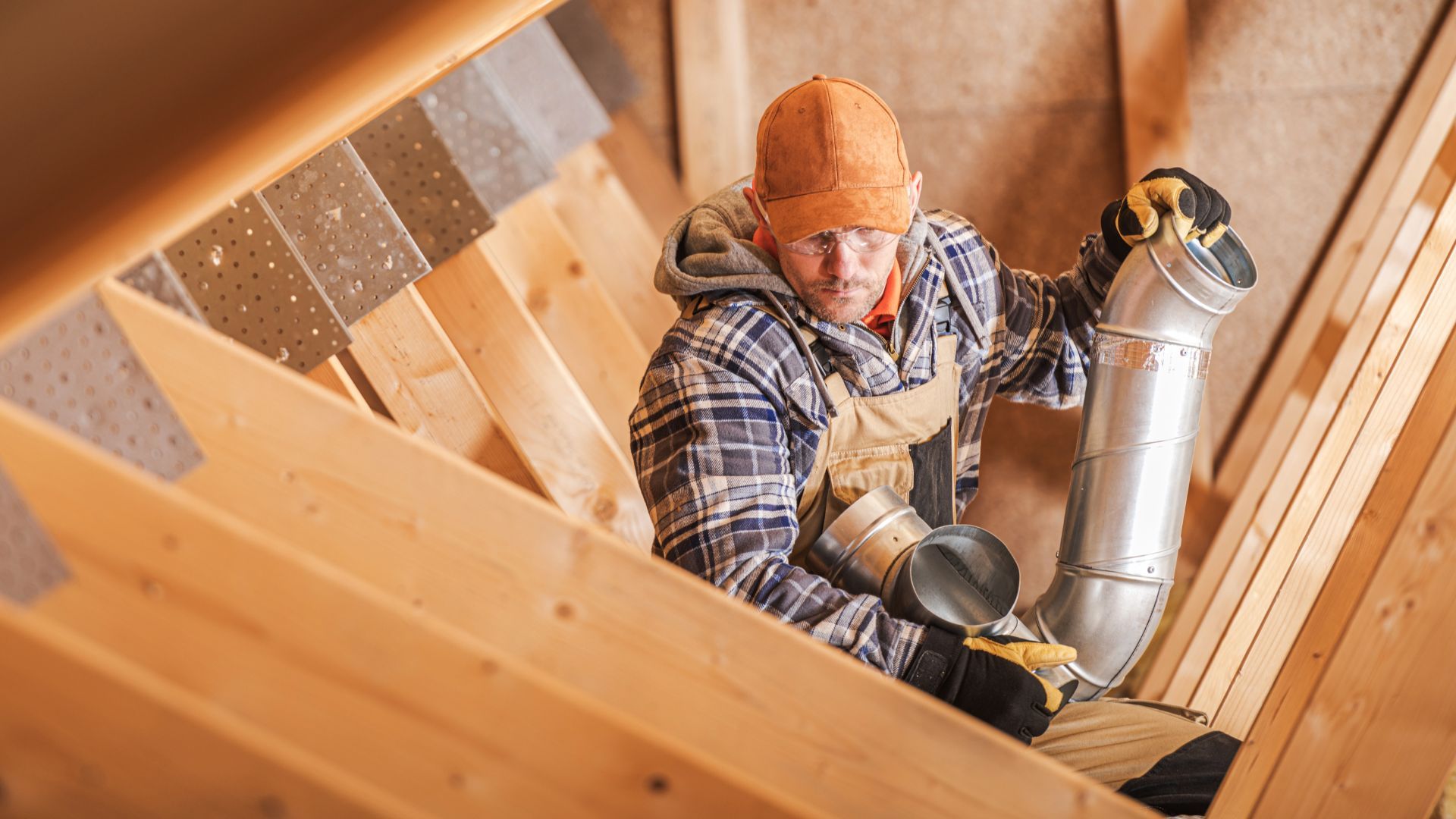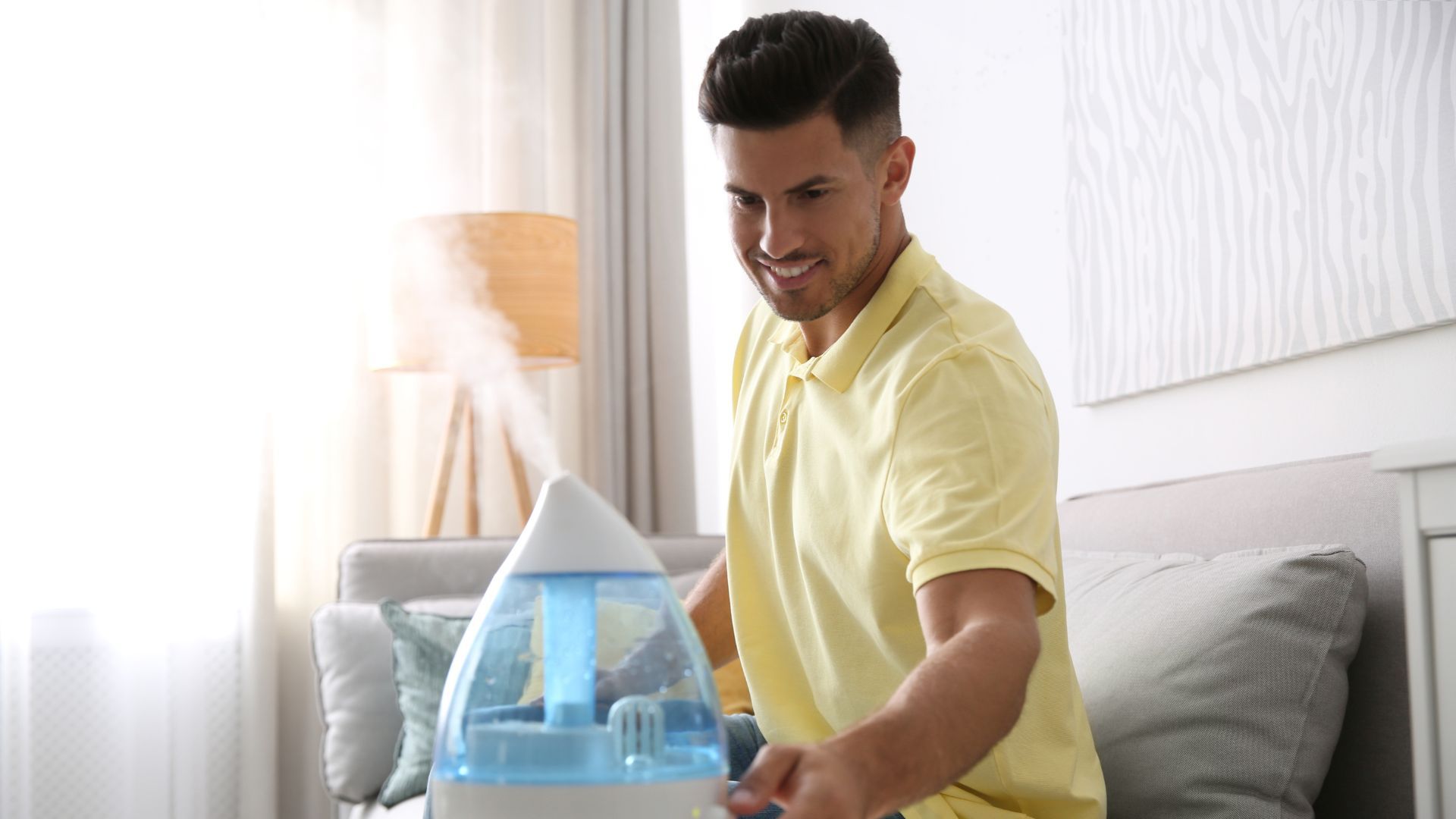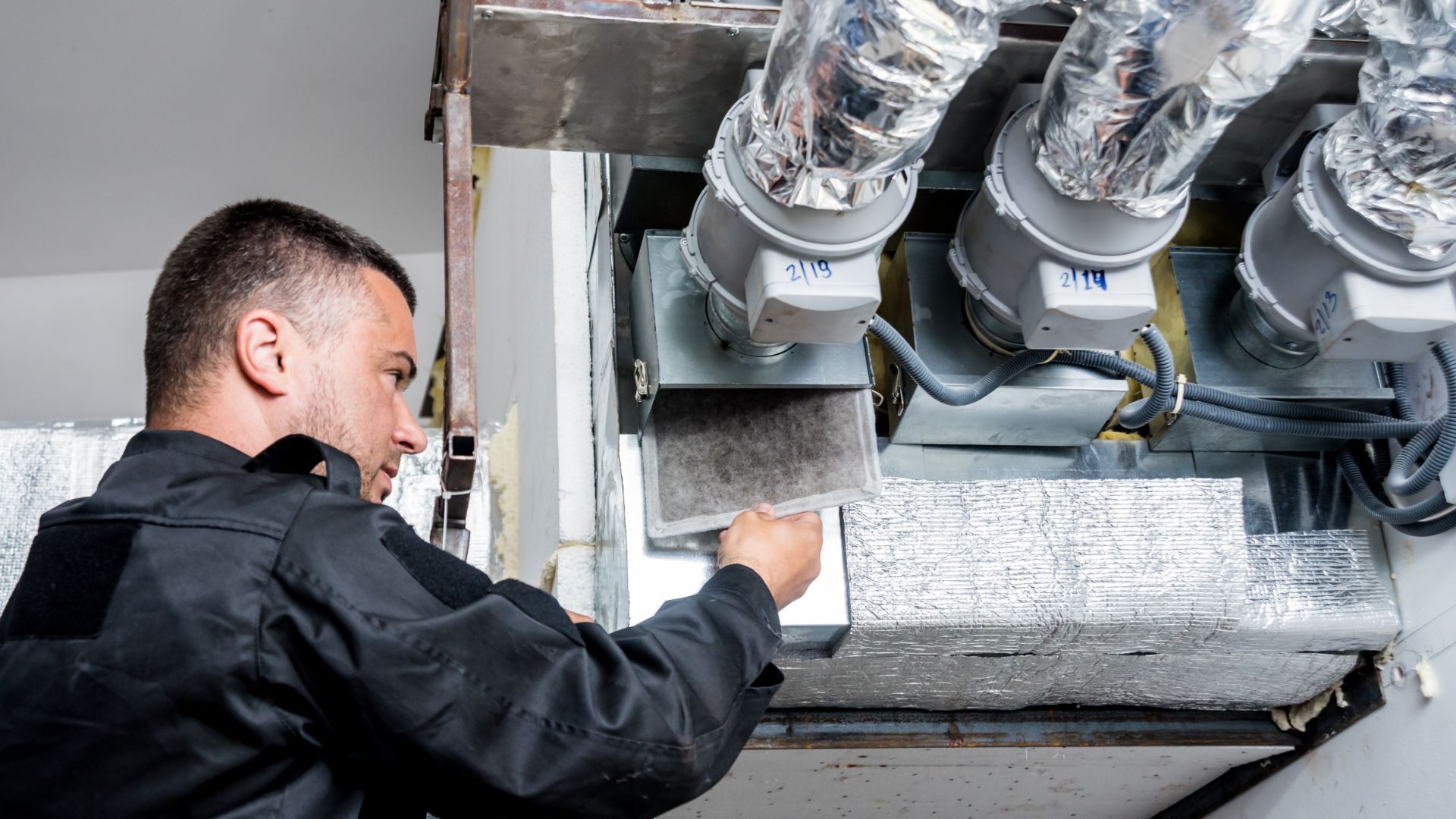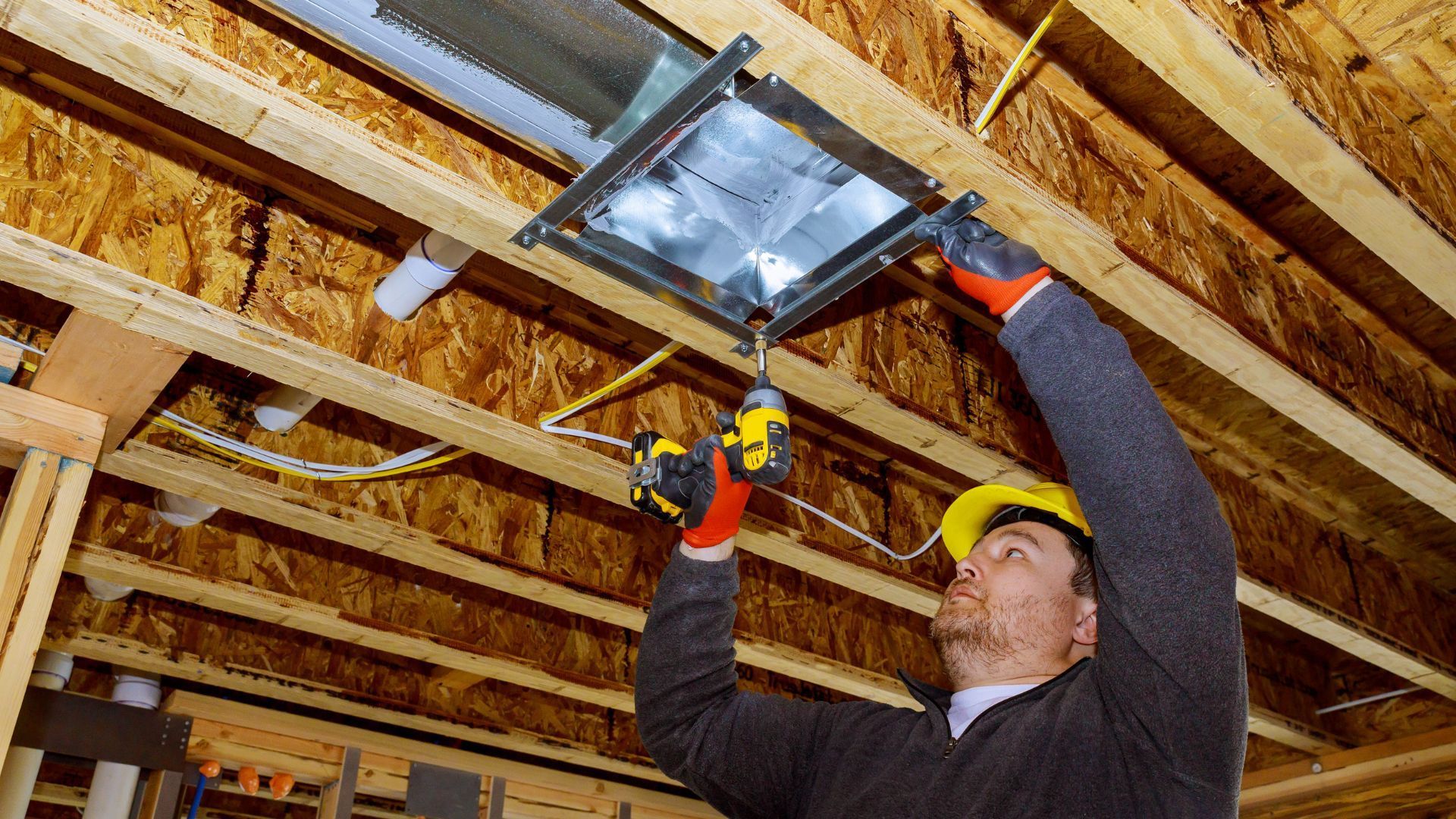Working Hours: Monday - Friday 08:00 AM - 04:30 PM
What Does A HEPA Filter Air Purifier Do?

In today's fast-paced world, ensuring clean and healthy indoor air is paramount. With the rise of respiratory issues and environmental concerns, having a reliable air purifier has become a necessity.
Among the various types available, HEPA filter air purifiers stand out for their exceptional performance. But what exactly does a HEPA filter air purifier do? In this comprehensive guide, we'll delve into the workings of these remarkable devices, shedding light on their benefits and how they contribute to a healthier living environment.
What Does a HEPA Filter Air Purifier Do?
HEPA, which stands for High-Efficiency Particulate Air, is a technology renowned for its exceptional filtration capabilities. A HEPA filter in an air purifier functions by trapping minuscule particles that other filters might miss.
These particles include allergens like pollen, dust mites, and pet dander, as well as microscopic pollutants like smoke, bacteria, and viruses. The result is cleaner, fresher air that is free from harmful contaminants.
The Filtration Process
Capturing Microparticles: HEPA filters are designed to capture particles as small as 0.3 microns with an efficiency of 99.97%. This means even the tiniest pollutants have a minimal chance of escaping the filter.
Mechanical Filtration
Unlike some filters that rely on chemical reactions, HEPA filters operate on a purely mechanical basis. Air is forced through a fine mesh, where particles become trapped.
Mutually Exclusive Filtration
The process is designed to be mutually exclusive, ensuring that particles are captured and do not re-enter the air stream.
Benefits of Using a HEPA Filter Air Purifier
Investing in a HEPA filter air purifier offers a plethora of advantages for both health and well-being:
Improved Respiratory Health
By removing allergens and pollutants, HEPA filters alleviate symptoms for allergy sufferers and individuals with respiratory conditions like asthma.
Reduced Airborne Pathogens
Bacteria and viruses are effectively trapped, reducing the risk of airborne illnesses.
- Enhanced Indoor Air Quality
With cleaner air, occupants experience a noticeable improvement in overall air quality, leading to a healthier living environment.
Pet Allergy Relief
Pet owners can enjoy their furry companions without suffering from common allergens associated with pets.
FAQs
Q: Are HEPA filters washable or reusable?
HEPA filters are typically not washable or reusable. Attempting to clean them can damage the delicate fibers that make them effective. It's recommended to replace HEPA filters according to the manufacturer's guidelines.
Q: Can a HEPA filter remove odors from the air?
While HEPA filters excel at removing particulate matter, they are not designed to eliminate odors. Consider using an air purifier with an activated carbon filter in addition to a HEPA filter for odor removal.
Q: How often should I replace the HEPA filter?
The frequency of replacement depends on factors like usage and environmental conditions. On average, HEPA filters should be replaced every 6 to 12 months. However, refer to the specific manufacturer's recommendations for optimal performance.
Q: Can a HEPA filter capture viruses?
Yes, HEPA filters can capture viruses, including airborne viruses. The fine mesh effectively traps microscopic particles, providing an added layer of protection against airborne pathogens.
Q: Do HEPA filters generate ozone?
Genuine HEPA filters do not produce ozone. However, some air purifiers may incorporate additional technologies that emit trace amounts of ozone. It's crucial to choose certified products that adhere to safety standards.
Q: Can a HEPA filter remove mold spores?
Yes, HEPA filters can effectively capture mold spores, preventing them from circulating in the air. Combining a HEPA filter with proper moisture control can help address mold-related issues.
Conclusion
A HEPA filter air purifier is a powerful tool in maintaining a healthy indoor environment. By efficiently removing a wide range of airborne pollutants, it ensures that the air you breathe is clean and free from harmful contaminants. Investing in a HEPA filter air purifier is an investment in your well-being and that of your loved ones. Experience the transformative benefits today and enjoy a fresher, healthier living space.
Transform and change how you breathe the air of your home. Contact us today to have your own HEPA filter air purifier.
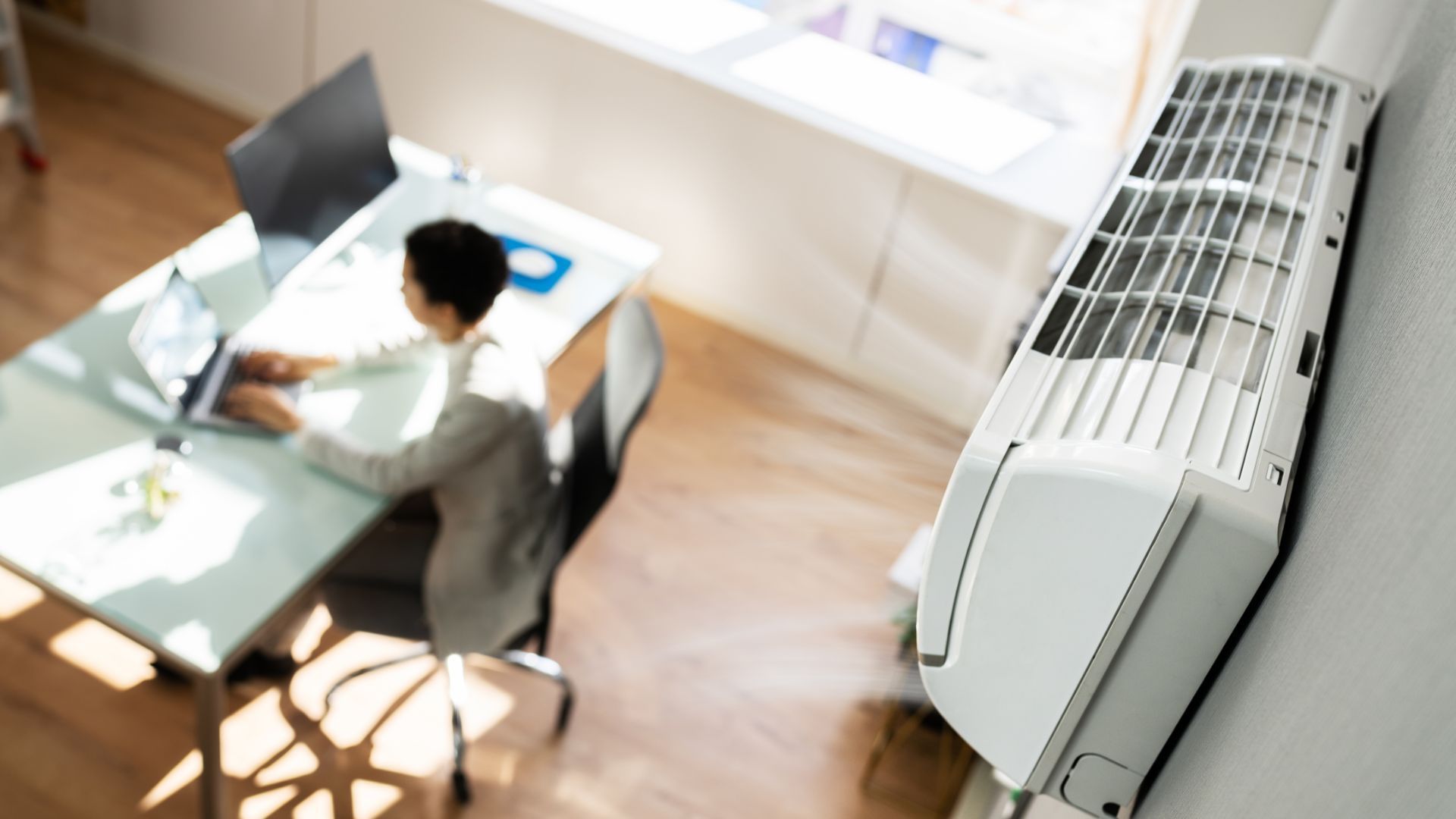
INFORMATION
176 Rectory St, London, ON N5Z 2A5, Canada
Follow us on Facebook
BROWSE OUR WEBSITE
EMERGENCY SERVICE
